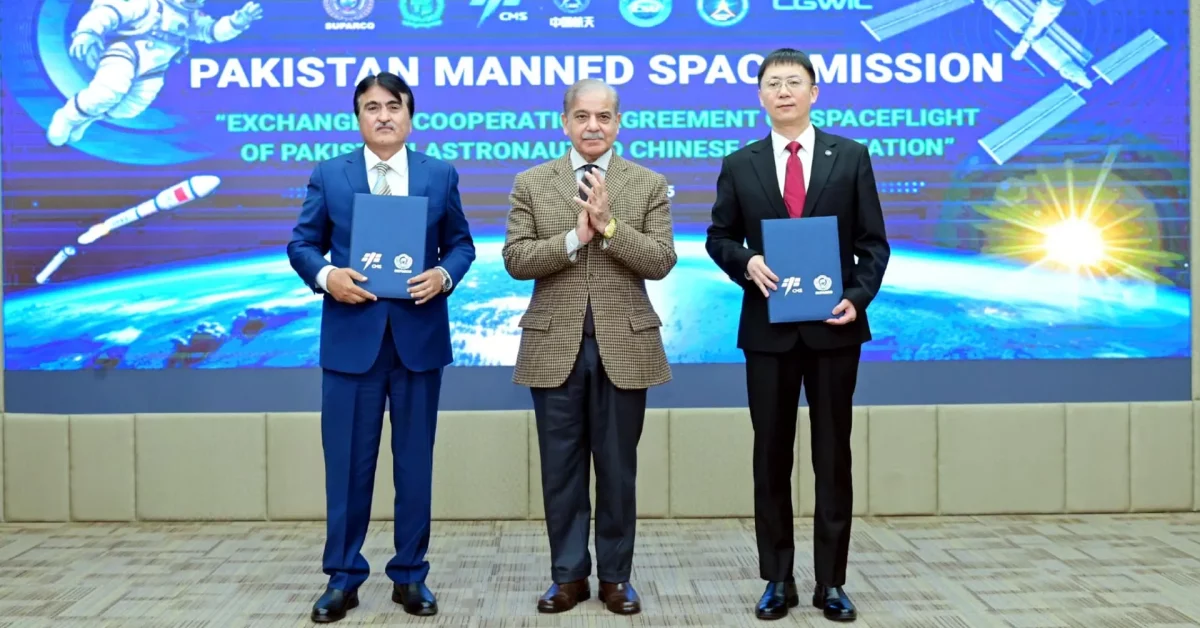
Pakistan’s Digital Future
January 7, 2020
Top 5 Online Learning Applications
January 13, 2020Women SDG Challenge Cup 2019
On Sunday, December 8th, Code for Pakistan organized a Women SDG Challenge Cup 2019, an initiative by Jazz in partnership with Code for Pakistan and OPEN Islamabad. The event took place at the National Incubation Center in Islamabad.
The Cup aimed to give a spotlight to powerful and inspiring women who have founded and are leading startups and businesses with a mission to create civic and social impact. Participation included women entrepreneurs and women-led startups, and SMEs (small and mid-size enterprises).
A panel discussion titled “women breaking barriers in tech”, was moderated by Aisha Sarwari, Head of Corporate Communications and Sustainability. The panelists included CEO and Founder of SMT and Impact HR Romila Hamid, Senior Ecosystem at APAC Tech Team Saira Faisal, Chief Commercial Officer at Jazz Asif Aziz, Co-Founder and Director at Media Matters for Democracy Sadaf Khan, and Co-Founder and Business Head at Tez Financial Services Naureen Hyat.
The session began with Aisha highlighting the dismal fact that only 1% of Pakistan’s entrepreneurs are women despite companies such as Jazz providing an enabling ecosystem for women techpreneurs.
She then stated three reasons why women don’t enter the technology and entrepreneurial domains. Firstly, few women opt into the Science, Technology, Mathematics, and Engineering (STEM) fields. Secondly, due to the patriarchy that exists, many men do not contribute to domestic household chores, leaving women with the brunt of the work. Thirdly, there is systemic discrimination that exists at all levels within all fields varying from mobility to harassment. For several issues including ID card creation, the presence of a man is necessary.
As the only man on the panel, Asif Aziz stated that Jazz is actively working on improving the gender presence in the company. “70% of data analysts at Jazz are women,” he stated. “We’ve actively worked with universities like LUMS to encourage children and girls to go study mathematics because there’s an enormous amount of opportunity in this.”
Aziz also stated that in a predominantly male-centric profession such as sales, Jazz has placed several female sales directors.
“I’ve placed my female sales directors in rural areas, and it really works for us,” said Aziz. He also stated that equivalence ought to be given to everyone and that meritocracy is what should prevail.
Saira Faisal explained what it’s like for women in a developing economy such as Pakistan. She quoted GSMA’s Gender Gap Report 2019 which indicated that Pakistan is behind India and Bangladesh. Statistics from the report show that in Pakistan, 37% fewer women than men own mobile phones, 76% fewer women than men have access to mobile internet, and 94% fewer women than men have access to financial services. Barriers for women include cultural barriers such as the lack of approval from the family, cost and time.
GSMA’s vision is to reduce the gender gap in countries like Pakistan. Faisal explained that they are working with mobile operators to hire more female mobile money agents in rural areas. Furthermore, GSMA also hosts workshops such as tech4girls with the aim educate more girls.
Naureen Hyat further explained that we have to bring disruption into Pakistan at multiple levels – besides technology.
“Having women representation changes the fabric of the company or the business – or the society in general – Company culture, governance structure within the company,” Hyat explained.
Sarwari highlighted the issue that many a times, women are placed in non-decision or supporting roles rather than crucial commercial roles. “You want to bring women in but you don’t want to change the culture, you just want to tick an SDG box,” she added.
“Before we get to the solution about how tech can solve the lack of female entrepreneurs, we need to tackle the causes – cultural understanding,” said Sadaf Khan. She compared this to how polio still exists in Pakistan, despite having spent millions of dollars on campaigning and having a solution for the disease. Due to the lack of cultural understanding, Pakistan is one of the last three countries where Polio exists. Comparing it to the polio campaign and lack of eradication despite the presence of a solution.
The session concluded with some questions from the audience.






